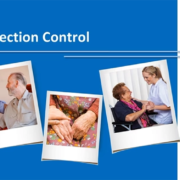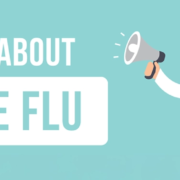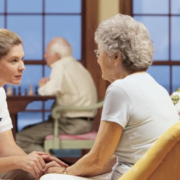We care about you and your family’s health and safety. We want to make sure you are informed and know what to do to prevent catching the Zika virus.
The best source of information to stay current on Zika is the Centers for Disease Control and Prevention’s Zika website.
Public health organizations in the U.S. and around the world are concerned about the recent, rapid spread of the mosquito-borne Zika virus. According to the Centers for Disease Control (CDC), cases of the Zika virus are now showing up in the United States as people travel to and from places where the virus is widespread. There is also concern that the virus will spread to more areas in the warm months when there are more mosquitoes.
What You Need to Know About the Zika Virus
- Individuals infected by the Zika virus usually have mild symptoms, or may not be aware they have the virus. The most common symptoms of the Zika virus are fever, rash, joint pain and conjunctivitis (red eyes), and can include muscle pain and headaches.
- Symptoms typically begin 2 to 7 days after being bitten by an infected mosquito.
- Only about 1 in 5 people infected with the virus will get sick. For this reason, many people might not realize they have been infected. Severe illness requiring hospitalization is uncommon.
- There is no current vaccine or medications available to prevent or treat the Zika infection, but your doctor may order blood tests to confirm you have the virus. And if you have the virus, your doctor will be able to tell you how to best treat the symptoms.
Transmission
Knowing how the Zika virus is spread is important in keeping you and your family healthy and protected from the virus.
- People usually get the virus from mosquito bites. It can spread when a mosquito bites a person that already has the virus, and then spreads it to other people through bites.
- The mosquitoes that are known to spread the virus most often bite during the day, but also may bite at night.
- The virus may also be spread by having unprotected sex with an infected person or by blood transfusion.
- Health officials are concerned that the Zika virus is also being spread from a pregnant woman to her unborn baby during pregnancy. They are seeing an unusual number of cases of mothers having the Zika virus and their babies being born with birth defects. The most serious one is microcephaly, a birth defect that includes an abnormally small head and brain, as well as other impairments.
Prevention
Understanding how the virus is transmitted can help you protect yourself, your family and your community.
- To reduce the chance of being bitten by a mosquito, and to help control the spread of the virus, it is recommended that you use an EPA-recommended insect repellent including DEET. But make sure to only use insect repellents on children older than two months of age.
- It is important for pregnant women to take extra precautions in order to protect their unborn child. Read CDC’s recommendations for pregnant women.
“Pregnant women should realize that the transmission of the Zika virus to the fetus has been documented at all trimesters. As with any infection, the best course of action relies around prevention. If you think you may have been exposed, you should see a maternal-fetal medicine specialist as soon as possible, ” said Joseph R. Cunningham, M.D., Divisional Senior Vice President of Health Care Delivery and Chief Medical Officer for Blue Cross and Blue Shield of Oklahoma, and OB/GYN physician.
Treatment
If you believe you have been infected, or develop symptoms, you should seek help from your doctor. Be sure to tell your doctor if and where you have travelled recently. A health professional is the best source to determine if you have been infected with the virus and how to treat the symptoms. While there is no vaccine or medicine for Zika, currently, as recommended by the CDC, symptoms can be treated by:
- Getting plenty of rest
- Drinking plenty of fluids to stay hydrated
- Taking medicine to reduce fever and pain
- Not taking aspirin or non-steroidal, anti-inflammatory drugs
- Talking to your doctor before taking medicine for any other condition while sick
Resources
For the most up-to-date information on Zika, visit these resources:






